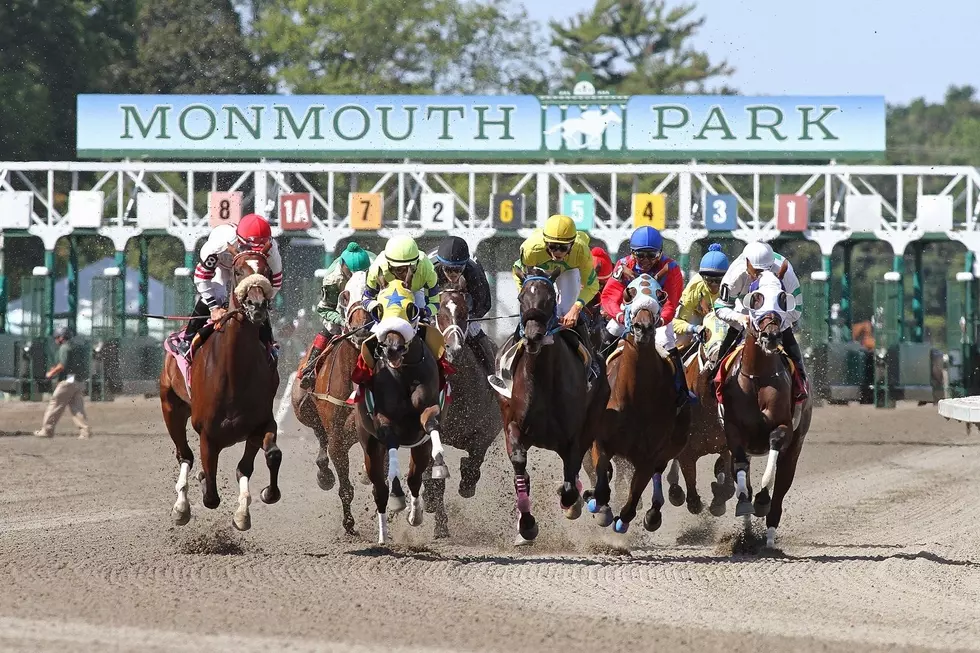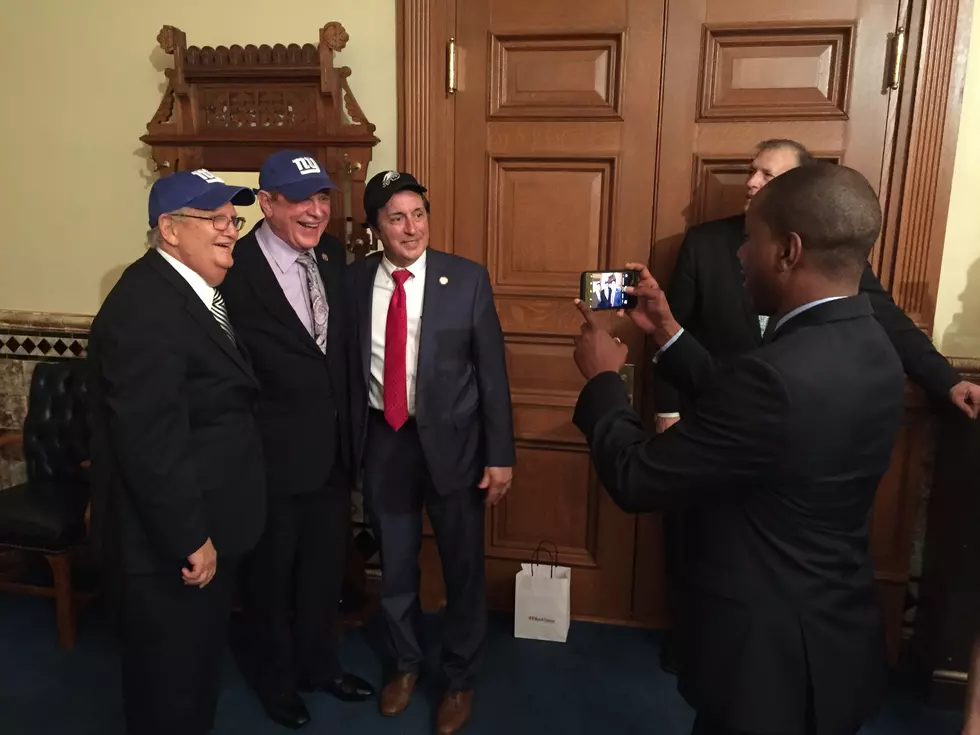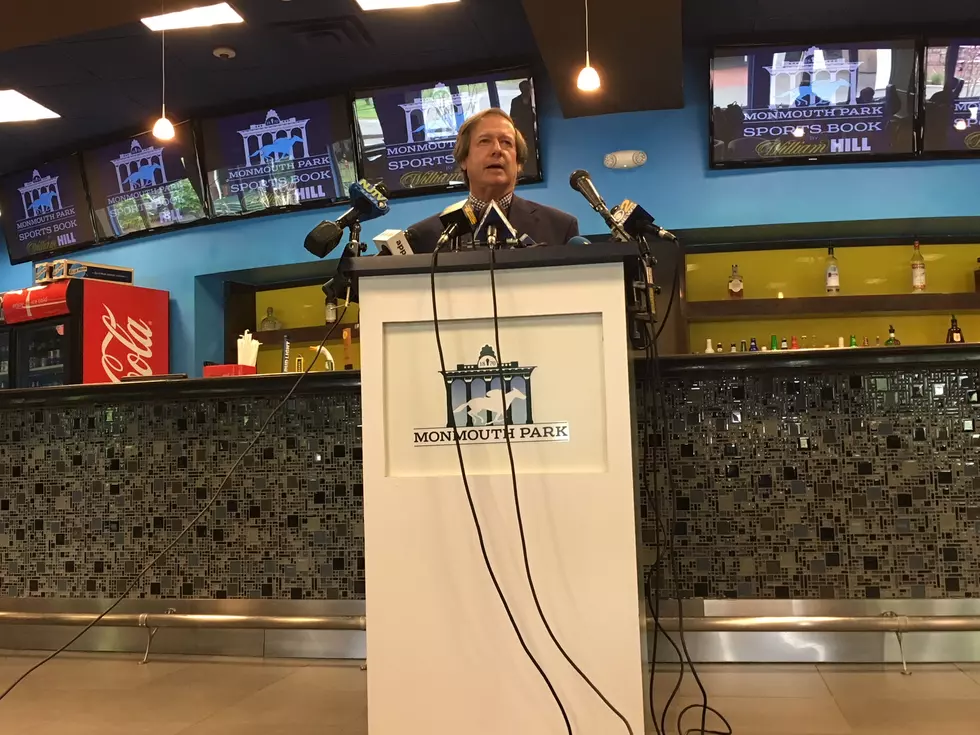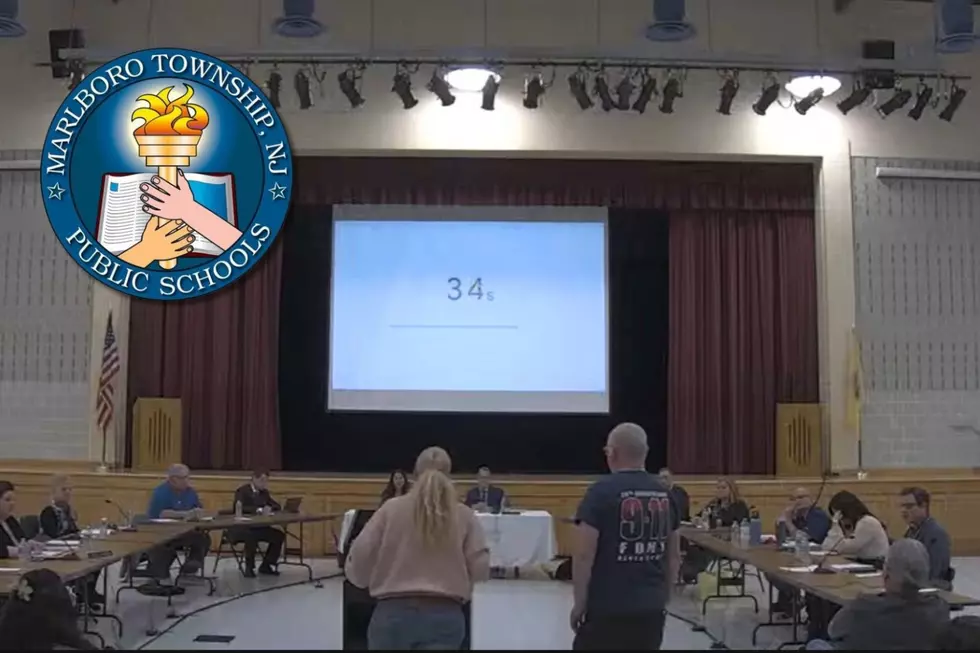
To legalize sports betting, NJ may have to let ‘corner bookie’ also have at it, experts say
A federal appeals court has turned thumbs down to New Jersey's attempt to legalize sports betting at casinos and racetracks.
Tuesday morning the 3rd U.S. Circuit Court of Appeals struck down a law passed two years ago by Jersey lawmakers, ruling that it violated the federal 1992 Professional and Amateur Sports Protection Act, PASPA, which forbids sports gambling that is state-authorized.
According to sports gaming expert Daniel Wallach, a Florida-based attorney, the decision is a setback and a significant loss for the Garden State, but it doesn’t foreclose the possibility of New Jersey taking another kick at the can.
“The state has three options left," he said. "It can take an appeal to the U.S. Supreme Court, but the likelihood of the Court accepting this case for review is very low."
He explained the second option would be for New Jersey to pass another piece of legislation to permit sports betting under certain conditions but “the problem with the court’s decision is there’s no guidance, no roadmap, no clarity other than proceed at your own peril.”
The third and final option, said Wallach, is completely within New Jersey’s control, and would pass muster under federal law.
“It’s for the state to completely repeal all of its sports betting prohibitions, which means that the corner bookie, the corner 7-Eleven, the guy in the street, the mob, they can all operate and take sports bets,” he said. “That is an option that New Jersey does not necessarily have the political will to go forward with but it could be the ultimate game of chicken to force the sports leagues and Congress to finally address the issue of repealing
PASPA.”
Dennis Drazin, a spokesman for Monmouth Park Racetrack and an advisor to the New Jersey Thoroughbreds Association, believes a full repeal of sports betting in the Garden state could work because “the court has been consistent that a full repeal is within the state’s prerogative.”
He said everybody understands sports betting is a $400 billion illegal and off-shore industry which exists in this country in this point in time.
“People are betting anyway, so if you do a full repeal in New Jersey what will happen is that probably half that business will migrate to safe, secure sites like racetracks and, casinos,” he said. “Let’s face it bookies can offer people credit which we cannot do, so I don’t think you’re going to eliminate the illegal betting, but you will convert a lot of it into legal betting.’
He also suggested doing this could put pressure on Congress to lift the federal ban on sports betting.
So why is winning an appeal before the U.S. Supreme Court so unlikely?
Wallach explained the real fight involves getting in the door.
“Historically the U.S. Supreme Court accepts less than 1 percent of all petitions that are submitted to the High Court, however if the Court takes the case, New Jersey has more than a punters chance of winning,” he said.
“The case could have a significant impact, and it raises Constitutional issues as to whether the federal government is impermissibly forcing the state to maintain unwanted sports betting laws on its books.”
He said the current situation forces Jersey to keep a law on the books that it doesn’t want, but a complete repeal of sports betting bans would be an extreme step.
“There has to be somewhere in between where New Jersey can go and repeal its law in part without violating federal law prohibiting sports betting,” he said.
Wallach added he believes a proposal to allow sports betting in a wider area, not just in casinos and racetracks, would be acceptable to the Court.
“For example if the state Legislature repeals it’s state law prohibition against sports betting in Atlantic County or Monmouth County en todo, a law like that might pass muster,” he said.
Gov. Chris Christie’s press office declined to comment on the decision.
U.S. Rep. Frank Pallone, D-N.J., issued a statement that said:
“I am deeply disappointed with the Third Circuit’s ruling.” The decision is both hypocritical and unfair as several states can already operate sports betting and millions of Americans are essentially betting on sports through Daily Fantasy Sports websites. The citizens of New Jersey overwhelmingly support legalized sports betting and the Third Circuit’s decision will prevent the collection of revenue that will come with it. I remain committed to seeing sports betting become legal in New Jersey and will work to pass the bipartisan legislation Congressman LoBiondo and I have introduced that would allow sports gaming.”
Pallone and LoBiondo, a Republican, have introduced two bills that that would exempt New Jersey from current federal gaming law and open a window until Jan. 1, 2019 in which all states can enact a law providing for sports gambling in their state.
More From New Jersey 101.5 FM









